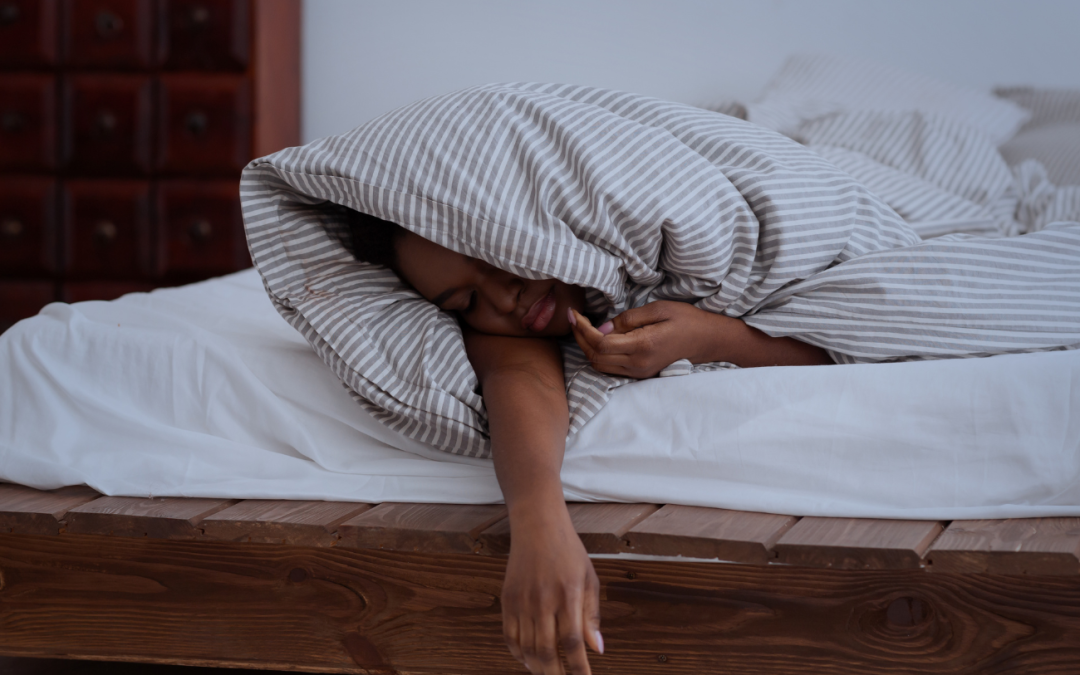Sleep – it’s fundamental for our health and well-being, yet good sleep is a luxury many of us struggle to attain. But what if incorporating a consistent bedtime routine could be the key to unlocking the sleep you crave?
“A sleep routine helps regulate your body’s stress response, leading to a calmer, more positive mood,” reported in, How to Create the Ideal Bedtime Routine for Adults, “Having a set schedule is important for tackling the challenges of daily life with a clear and positive mindset.”
Sleep deprivation doesn’t just leave you groggy the next day; it can significantly impact your overall health. It can weaken your immune system, impair cognitive function, and even increase the risk of chronic diseases. So, it’s time to make good sleep a non-negotiable part of your routine.
Creating a relaxing bedtime ritual can signal your body that it’s time to wind down and prepare for sleep. It helps regulate your internal clock, making it easier to fall asleep faster and enjoy deeper, more restorative sleep.
So, how do you create a bedtime routine that actually works?

Let’s dive in:
- Unplug and unwind: The blue light emitted from screens can interfere with your sleep-wake cycle. Establish a screen curfew at least an hour before bed. Engage in calming activities like reading a book, taking a warm bath, or practicing gentle stretches.
- Create a serene sleep environment: Your bedroom should be your sanctuary. Invest in comfortable bedding, and ensure the room is dark, quiet, and cool. Consider using blackout curtains, earplugs, or a white noise machine to create an optimal sleep environment.
- Mindful relaxation: Incorporate relaxation techniques into your routine. Try deep breathing exercises, meditation, or progressive muscle relaxation to help calm your mind and body.
- Consistent sleep schedule: Aim to go to bed and wake up at the same time every day, even on weekends. This helps regulate your body’s internal clock.
- Watch your diet: Avoid heavy meals, caffeine, and alcohol close to bedtime. These substances can disrupt your sleep. Opt for a light, nutritious snack if needed.
- Limit daytime naps: While short naps can be refreshing, long or frequent naps can interfere with nighttime sleep.
- Regular exercise: Physical activity is essential for good sleep, but timing is key. Aim to finish your workout several hours before bedtime.
Remember, consistency is key when creating a bedtime routine. It may take some time to see significant improvements, but with patience and persistence, you’ll be well on your way to better sleep.
Sweet dreams!
Want more tips and tricks for a healthier, happier you? Follow us on Instagram for daily inspiration and support!


